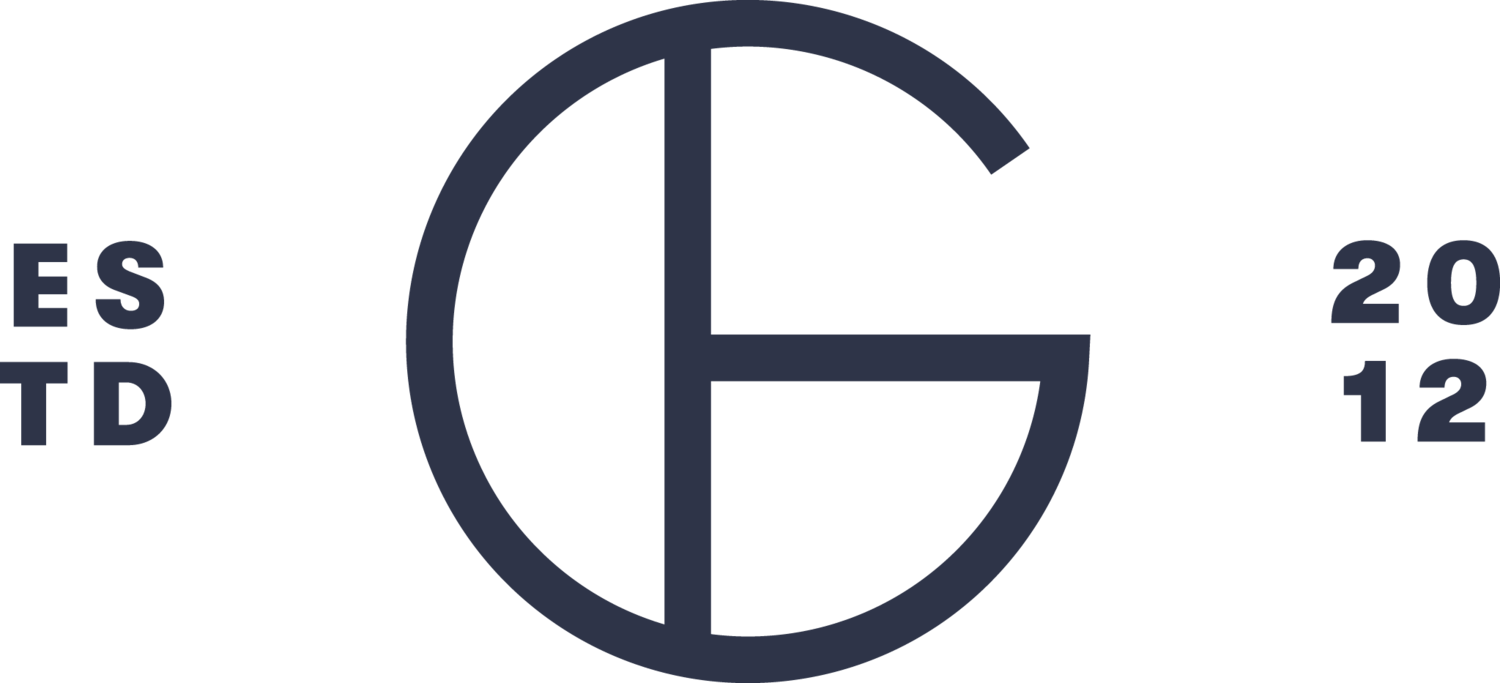Are We In A Housing Bubble?
/The “warning signs” look all too familiar.
Escalating home prices have both buyers & sellers worried that the market, like the James Harden to the Sixers trade is “too good to be true,” and people (agents) like me across the U.S. are getting bombarded with the ultimate question: “Are we in a housing bubble?”
Let’s take a look at a few factors that help answer this….
PART 1: HOUSING SUPPLY
Last year, home values appreciated an average of 15% across the nation. And while this year’s growth isn’t expected to match it (experts are so far predicting closer to 6%), buyers and sellers are still worried that home prices are too high and that depreciation is likely to follow or another doomsday ‘08 crash for the housing market.
However, unlike the Housing Bubble years of the mid-2000s, the major factor driving up home values is that we’re also in a dire inventory shortage. You may have heard me say it before, but we’re in a perfect storm environment of too little inventory built since 08, boomers retiring, millenials marrying, low IRs, $$ printing and COVID ‘work from afar’ impacts. Causing all sorts of supply issues…
A balanced real estate market’s inventory sits around 6 months of supply. Today’s current market is at 1.9 months, a historically low amount of homes for sale. On top of that, inventory has slowly been declining for years now: we’re currently sitting at less than 2 months.
In comparison, the inventory level from 2005 and 2007 increased from 5 months to 11 months, a vast over-supply of homes that did not warrant the price appreciation that went along with it.
So, throwing it back to your high school economics class, the biggest driver of price appreciation is a simple case of supply and demand, hence what we’re seeing in the market today.
PART 2: HOUSING DEMAND
If you remember the housing boom of the mid-2000s, you know how crazy that time was in real estate. But if Robert Schiller, a fellow at the Yale School of Management’s International Center for Finance, could sum it up in one phrase, it’s this: irrational exuberance.
In other words, the buying and selling frenzy that contributed to the market collapse was fueled not by sound financial decisions but a country-wide case of FOMO.
The mortgage industry fed into the frenzy, making it easy for people to obtain home loans much higher than they could afford. And eventually the house of cards came tumbling down.
Today’s real estate demand, however, is a very real thing (see any one of my rants about the perfect storm.- millenials marrying, boomers retiring, covid moves, low IRs and $$ printing). And lending standards have become much tighter since before the crash.
Plus, with escalating rent happening across the U.S., many Americans are opting for the financial stability that homeownership offers.
These factors, coupled with low mortgage rates, make purchasing a home today a good financial decision. So, not only is the demand very real, it’s also very smart.
PART 3: EQUITY
Following the housing and economic crash of 2008, economists, financiers, and real estate industry experts have combed through data to figure out why the entire system crumbled the way it did.
Most will agree that one of the biggest pieces of that catastrophic equation came down to this: equity. Or in reality, a lack of it.
The mid-2000s saw a massive wave of homeowners cashing out the equity in their homes. In short, they were using their homes like ATMs to afford some of the finer things in life.
This led to a lot of negative equity situations: where the amount someone owed on their home was far more than what their house was worth. Many foreclosures and short-sales followed, depreciating home values nationwide.
Today is a much different equity picture. Cash-out refinance volume over the last three years is less than a third of what it was compared to the three years before the crash. Plus, escalating appreciation meant that homeowners gained an average of $56,700 in equity in 2021 alone. As prices continue to rise, equity will too.
This positive equity perspective puts the current housing market in a much stronger place, minimizing risk of foreclosure and stabilizing home values across the U.S.
BOTTOM LINE - ARE WE IN A HOUSING BUBBLE?
Probably not. Whether it’s a second home, first time purchase or rental, Real Estate has been an in demand hard asset that people, especially in Charleston, have been buying for a reason; inflation. No I don’t think we’ll see the unprecedented gains we witnessed in 2020/21, but even as prices begin to stabilize the next 6+ months look bright (forecasting much beyond is a fools errand)!
Per usual, Real Estate remains hyper local. So while much of the information here speaks to the broad market, I am a licensed agent for Charleston SC. If you’re not in the low-country best talk to a local expert for your market.
Recent Listings…
Say Hey!
The Author
Yours truly, Gentry, is a residential Real Estate Agent in Charleston South Carolina.
Find This Useful? Have an idea for our next Post?
Or you love me so much you’d like to become part of my network and/or find out what your home’s value is?
Click any of the links HERE….











